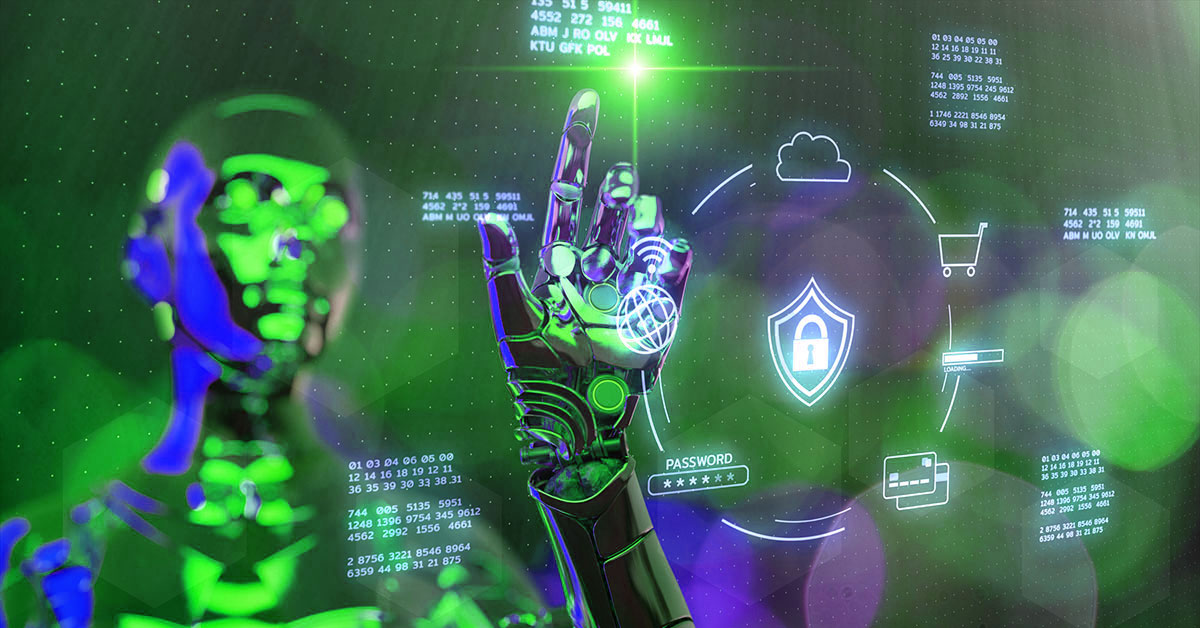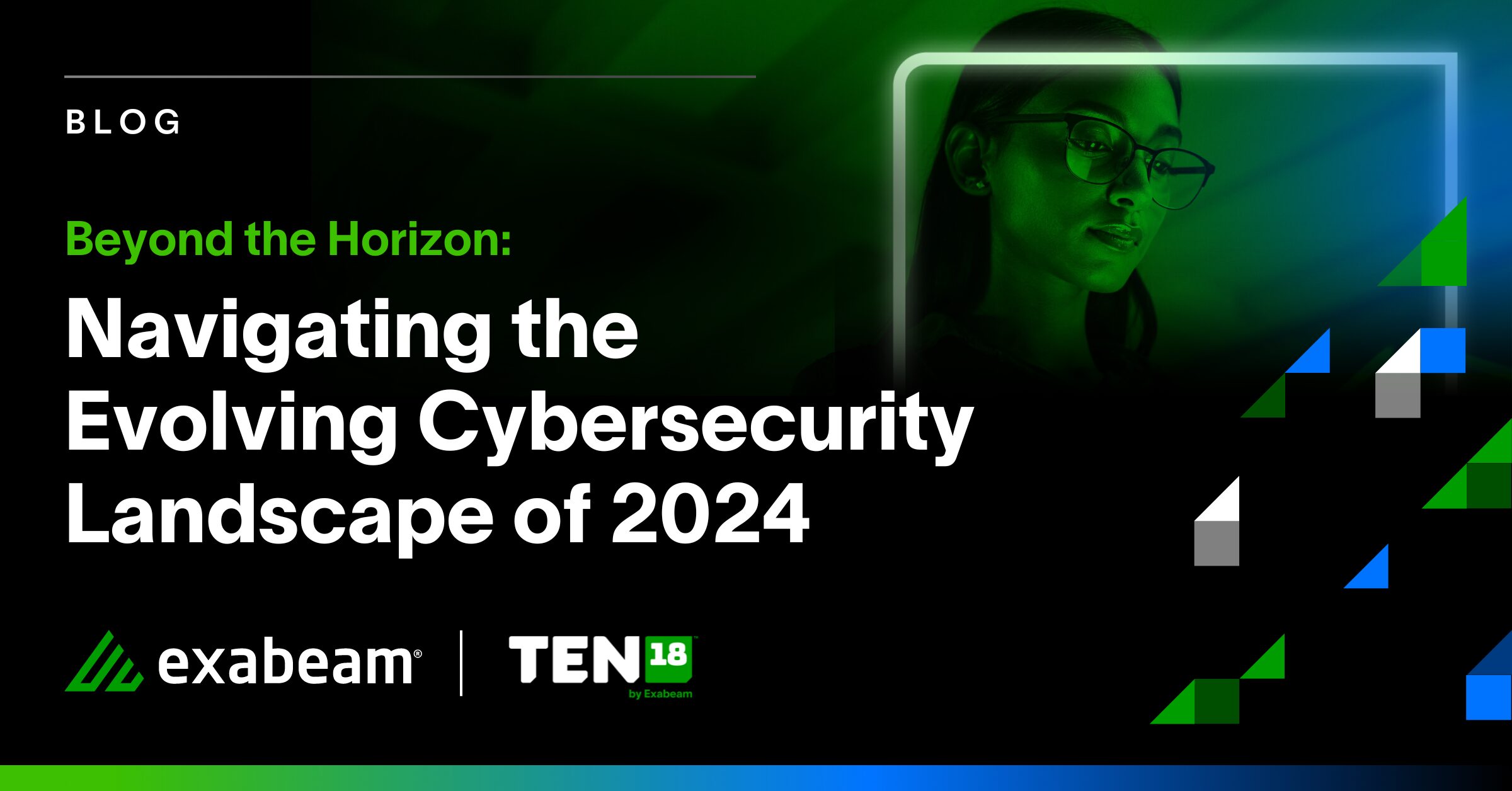Exabeam helps security practitioners be more efficient and provides tools to help them detect, investigate and respond to cyberattacks. To achieve our mission, we recognize that companies not only need the right technology solutions, but they also need skilled cybersecurity specialists. Yet, the security industry still faces a labor shortage of security professionals. The Cybersecurity Ventures predicts there will be 3.5 million unfilled cybersecurity jobs globally by 2021.
In this post we look at the efforts of one employee and the nonprofit organization he works with to help veterans start a career in security.
A platform for networking
Josh Johnston, an Exabeam sales engineer, and a military veteran, is doing his part to fill the labor gap by reaching out to fellow veterans and helping them find positions in cybersecurity. Based in Portland, Oregon, Josh works with local groups, including PDX Veterans in Technology, to help veterans network and find jobs. Organizations such as PDX Veterans in Technology provide a list of training resources in cybersecurity, including websites and organizations that offer inexpensive cybersecurity certification courses and how to use the GI Bill for training. More importantly, they provide and help facilitate a robust network that veterans can tap into for training, mentorship, support, and job placement. Some of the more significant networking events include presentations from veterans who are leaders in the local tech community. Speakers share their own experiences, how their time in the military can translate into job skills, and also their personal insights into the local job and skills market. PDX Veterans in Technology isn’t all work all the time, they also sponsor group workouts, happy hours, and family events to keep everyone in the community connected. In the past months the group continues to keep the community engaged through online events.
Transferable skills
Many veterans have skills that are directly translatable to cybersecurity jobs. For example, as Josh explains, “I came from an Army signals intelligence background, which had very translatable skillsets to the cybersecurity space, it just took a little finagling with the “word-ology” so hiring managers understand the relationships between their job post and what vets are bringing to the table.” While other veterans may not have expertise in intelligence or any similar security experience, most have strong work ethics, leadership, and critical thinking skills. They also have the resilience to do whatever it takes to get the job done. If a soldier doesn’t complete a task, there can be disastrous consequences to both the individual and the team.
Josh notes that exceptional problem solving, the ability to think under pressure, planning, and determination to complete assignments are critical skills in cybersecurity. These skills are needed, especially to manage security investigations, which can quickly turn into a seemingly insurmountable amount of work because of the volume of alerts and events. Analysts need dedication and the ability to get the job done quickly and accurately without a lot of debate and pushback. Decisions must be made, and then actions need to be executed quickly, often without all the desired information, to prevent or stop a breach. Veterans hold all the “soft” skills SOC managers and security hiring managers often look for when it comes to handling security investigations and incidents.
Early in their military careers, the Army trains recruits to solve problems through a “backward planning” methodology. Backward planning involves identifying the end goal and outlining the steps it takes to get there, then executing the newly formed plan. Backward planning is instrumental when it comes to successful project implementation in a security environment.
One of the biggest challenges for veterans entering the cybersecurity workforce is getting up to speed on the technology. Josh recommends that veterans take advantage of the free resources from various institutions. SANs, Syracuse University’s IVMF program and other organizations offer their cybersecurity training programs to those with prior military service – often at discounted rates. He encourages veterans to “Research to find out which program would be best suited to you and your interests and make the moves to make it happen.” And while the understanding of the technology is a big plus, hiring managers should consider other skills that veterans offer, including strong leadership skills and the ability to think on their feet. Veterans have also learned how to work under pressure and deal with stress. Given the continual growth of cyber threats, dealing with pressure and stress is an excellent skill to have.
Understanding the gap
Despite the skills veterans bring to their work, when we looked at the hiring trends in Portland and the San Francisco local areas where Josh works and where Exabeam is headquartered the numbers tell a different story.
In the Portland Tech Town Survey only 2% of annual hires identify as a veteran. The interesting part is that veterans make up about 7% of the population in Portland and are under-represented in hiring.
In the Veteran Opportunity Report by LinkedIn, the San Francisco Bay Area is among the top 10 areas where veterans live and work compared to nonveterans. Yet the computer software industry is among the leading industries that recruit veterans at lower rates, meaning it can be a tough place for vets to get a job in tech.
The LinkedIn report also showed that overall, veterans perform well in corporate jobs, yet this pool of potential employees is facing higher degrees of underemployment. Underemployment being when a person engages in work that doesn’t make full use of their skills and abilities. By understanding the obstacles veterans face employers can tap into this talent pool to fill open positions and a skills shortage.
Helping Out
In 1999, Congress designated May as National Military Awareness Month to allow the public to show their appreciation for troops past and present. May was chosen because it has many days marked to observe the military’s achievements, including Victory Europe (VE) Day commemorating the end of WWII, Memorial Day, Children of Fallen Patriots Day, and Loyalty Day. Thanks to Josh for sharing how he is helping fellow veterans find their place in fighting cybercrime.
Similar Posts
Recent Posts
Stay Informed
Subscribe today and we'll send our latest blog posts right to your inbox, so you can stay ahead of the cybercriminals and defend your organization.
See a world-class SIEM solution in action
Most reported breaches involved lost or stolen credentials. How can you keep pace?
Exabeam delivers SOC teams industry-leading analytics, patented anomaly detection, and Smart Timelines to help teams pinpoint the actions that lead to exploits.
Whether you need a SIEM replacement, a legacy SIEM modernization with XDR, Exabeam offers advanced, modular, and cloud-delivered TDIR.
Get a demo today!












